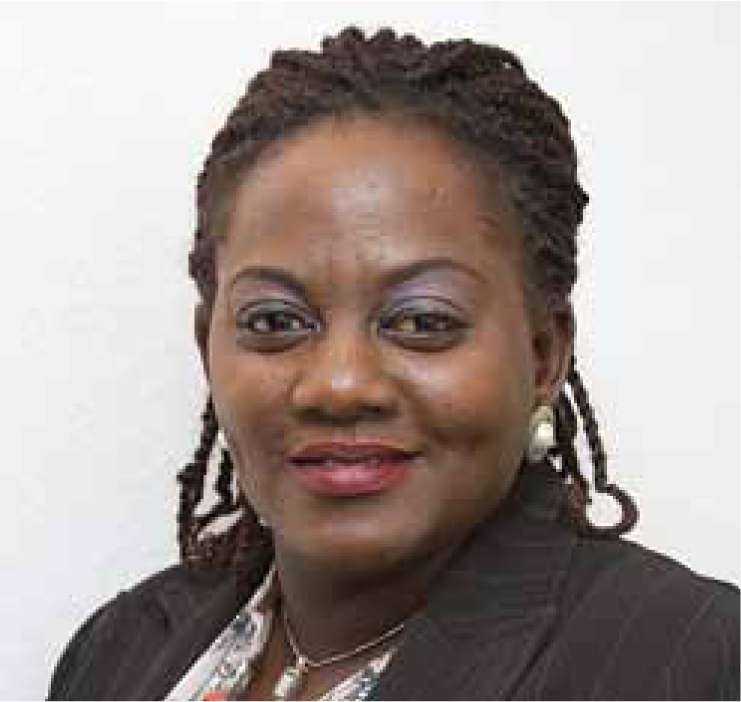Girls matter: Tackling female genital mutilation
Abstract
Dr Comfort Momoh MBE, who founded one of the first support services for women and girls living with female genital mutilation, has visited Nigeria in her quest to end the practice.

More than 30 years ago, I began working in the NHS and became concerned that health professionals were ill-equipped to deal with women living with female genital mutilation (FGM). I researched what doctors, midwives and nurses knew, and found they had a lack of knowledge, and with this came a lack of understanding about women who would consider allowing their daughters to be subjected to FGM.
I founded the African Well Woman's Clinic at Guy's and St Thomas' NHS Foundation Trust (GSTT) in 1997. GSTT serves a large multicultural community, including refugees and asylum seekers, and they recognised the need for a specialist. At the time, I was the only FGM specialist midwife in the UK; we now have several clinics and midwives in this role. This has benefited women, as screening for FGM has become an integral part of midwifery services.
Women often feel nervous about coming forward and talking to a health professional about their FGM, because they feel that the professional won't understand, or that they will be judged. For this reason, it is important for professionals to know how to help women and sensitively care for them, so that women can feel comfortable talking about their experiences.
Register now to continue reading
Thank you for visiting British Journal of Midwifery and reading some of our peer-reviewed resources for midwives. To read more, please register today. You’ll enjoy the following great benefits:
What's included
-
Limited access to our clinical or professional articles
-
New content and clinical newsletter updates each month

